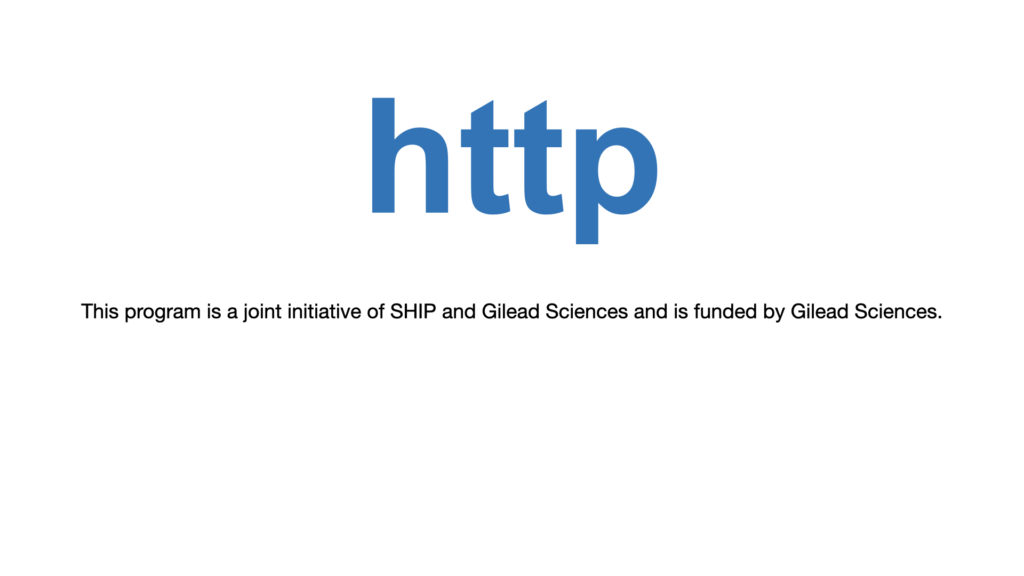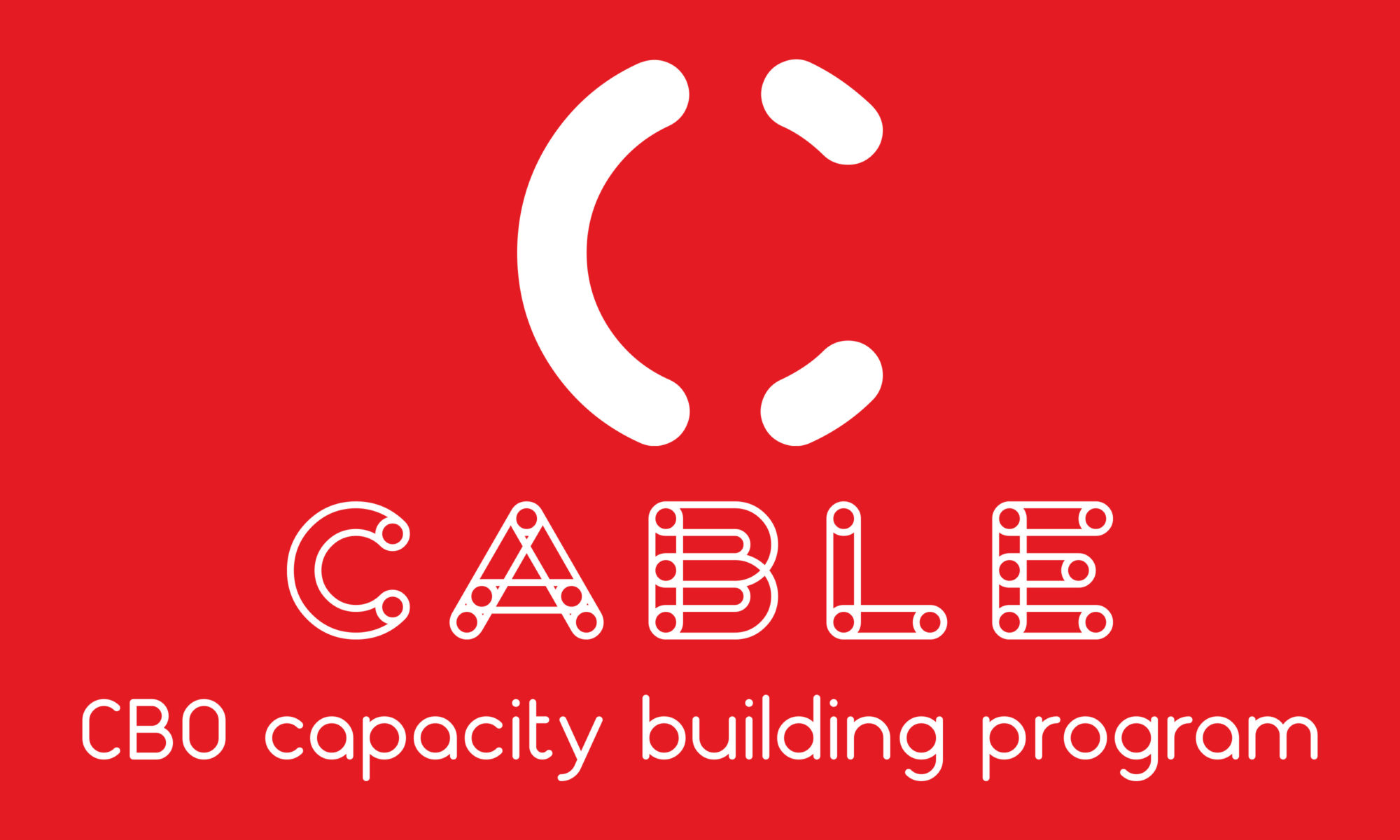CABLE
HIV Community Based Organization & Civil Service Organization Capacity Building Program
ARE YOU A MEMBER OF A COMMUNITY BASED ORGANIZATION?
And do you believe that CBOs:
✓are a basic component of public health?
✓are frequently utilized as vehicles to conduct community health promotion interventions?
✓are increasingly called upon to use evidence- based research to support HIV advocacy, program planning, and service delivery?
✓should be seen as competent and worthy partners in the HIV landscape by sharing leadership and responsibilities?
✓are strained for time, staffing, and funding – elements that are critical to survival and sustainability?
Sustained Health Initiatives of the Philippines (SHIP) believes in the Community Based Organizations (CBO).
CBOs are essential in HIV, without which, advocacy & services will have failed to achieve present gains. We would like to help ensure that HIV CBOs achieve their full potential as partners and leaders in the HIV landscape.
We at SHIP are happy to present CABLE, our capacity building program for HIV community based organizations and civil society organizations.
It is a learning platform that provides CBOs the tools, resources, and skills for:
- Organization essentials
- Community health research
- Project management
We believe that these skills are absolutely necessary for the growth and sustainability of the CBOs, especially as data needs have increased as a result of funders’ interest in more formalized program accountability, more rigorous monitoring & evaluation, evidence- based decision- making; and empowered communities demanding much more active roles in setting research agendas.
The learning begins in August 2020 with a basic online module over 15 weeks. Once a week, for 1-2 hours, learning at your own pace.
The program is absolutely free!
We believe that that all CBOs have the potential to be the best they can be! Let’s start now!
Shoot us an email at cable@ship.ph if you and your organization want to be part of the movement!
These are the skills you will learn from the online sessions.
January – March 2020
 Loading…
Loading…
HIV and COVID-19
The HIV Telehealth Training Program (http), along with our partner experts, join us in creating the COVID-19 Supplemental Sessions for healthcare providers and our fellow Filipinos — hour long learning videos with live Q&As with our participants.
- COVID-19 101
Dr. Kate Leyritana discusses the basics of SARS-Cov-2 and COVID-19 disease. What testing and treatment modalities available locally, and how to approach someone who comes for a consult and presents with signs and symptoms.
This video was broadcasted on March 31, and some newer data may have come forth since then.
2. Life in the Time of COVID
How do we keep our homes and workplaces free from COVID-19? Dr. Angelo Ramos gives us some tips on how to stay safe while staying at home.
3. HIV Care Continuum During Philippine ECQ
Metro Manila, NCR, and eventually the whole of Luzon was placed on Enhanced Community Quarantine on March 12, 2020. Foremost on the minds of PLHIVs were how to get their ARTs when public transportation was unavailable. Benjamin Banguingan of DOH NCR explains how access to medications must remain universal despite the lockdown.
4. HIV and COVID-19
It has been reported widely that immunocompromised people are at high risk for mortality and complications once with COVID-19. Is this true? What’s the story on COVID and HIV? Dr. Louie Ocampo of UNAIDS enlightens us.
5. Communication and Resilience
Social Isolation with is not an easy thing to go through. How can we survive this? Do we come out of this as different versions of ourselves? Is there a New Normal we need to conform to?
Dr. Gia Sision and Dr. RJ Naguit discuss Mental Wellness while on lockdown, while Professor Beng Ramos-Mortel discusses Risk Communication strategies for our healthcare workers.


October-December 2019
 Loading…
Loading…

